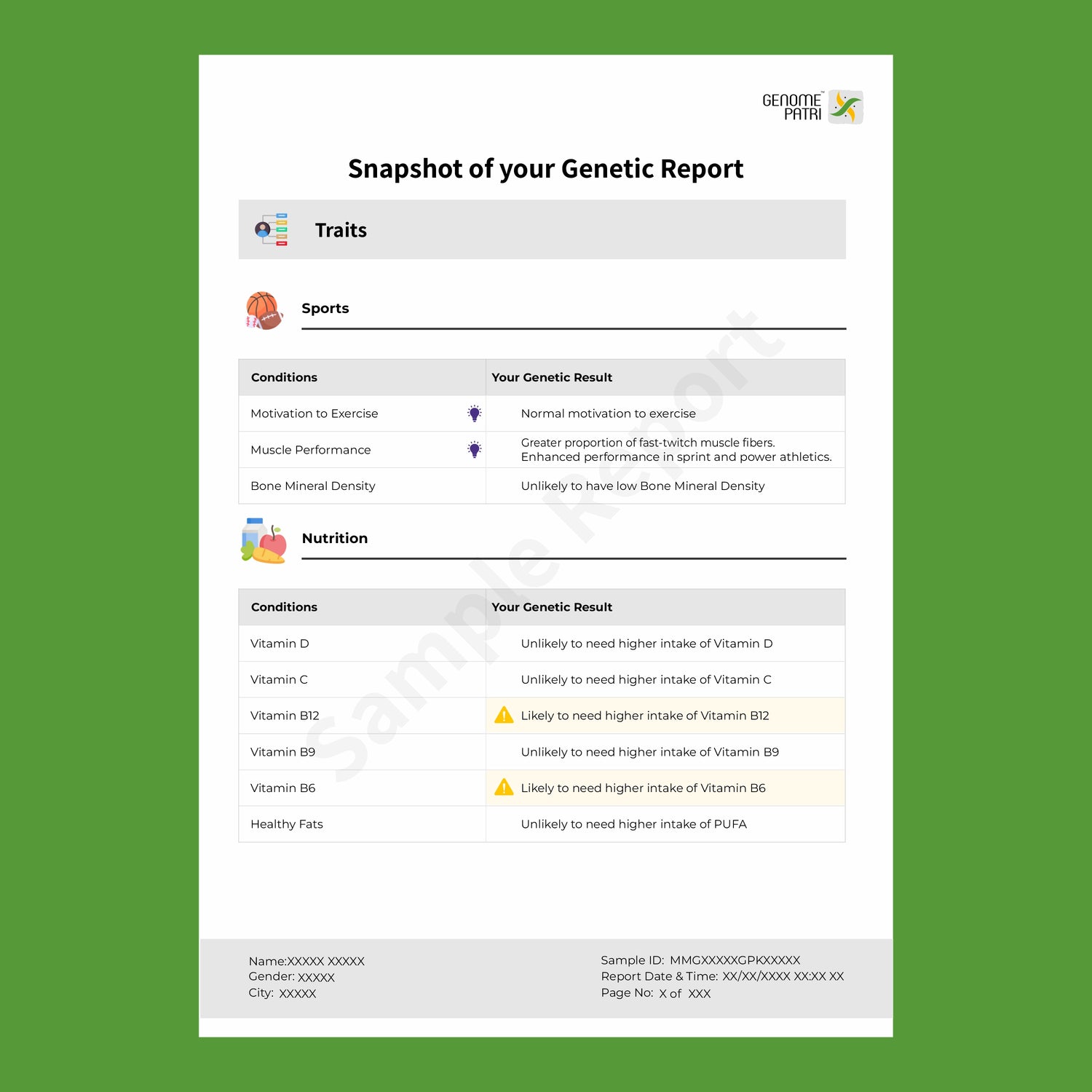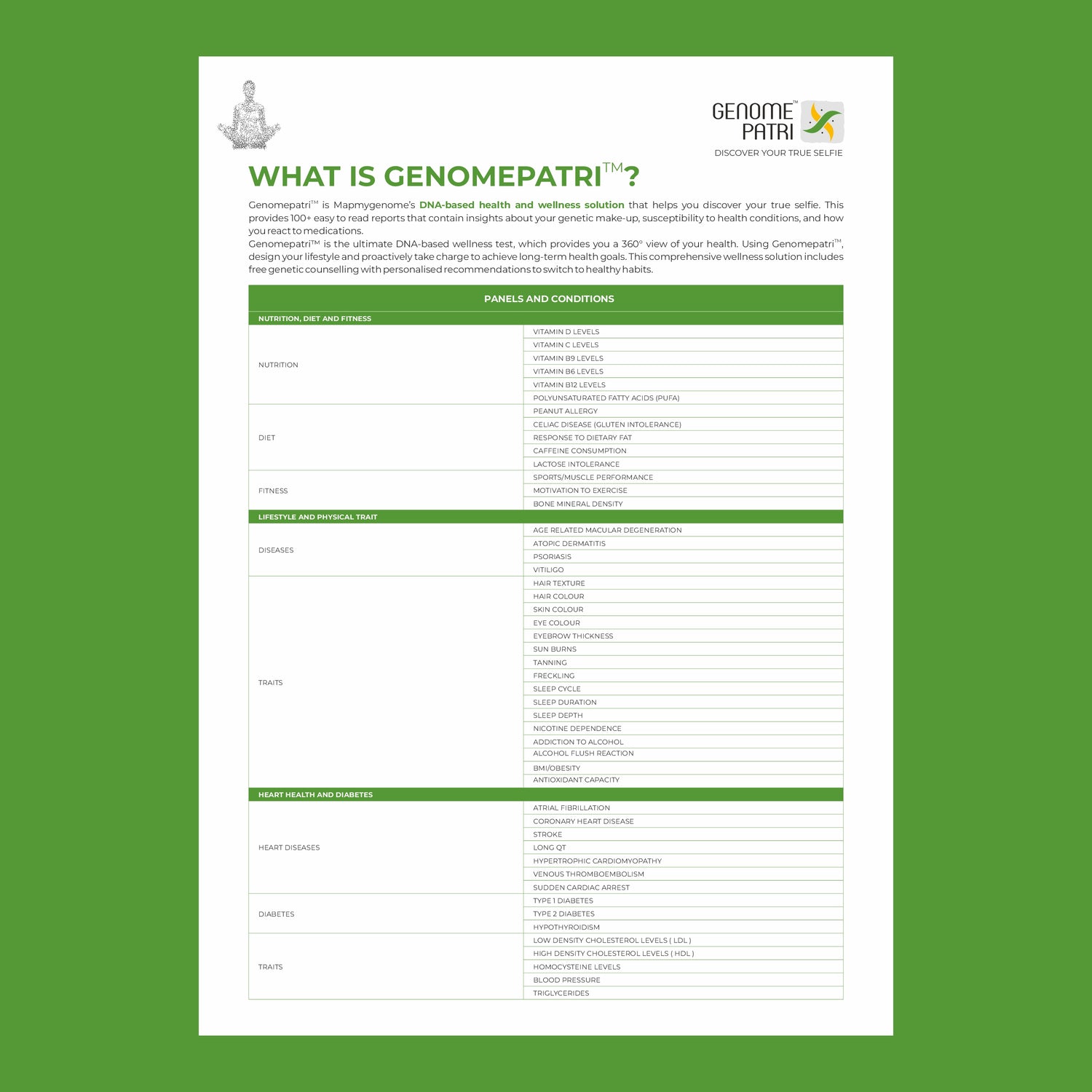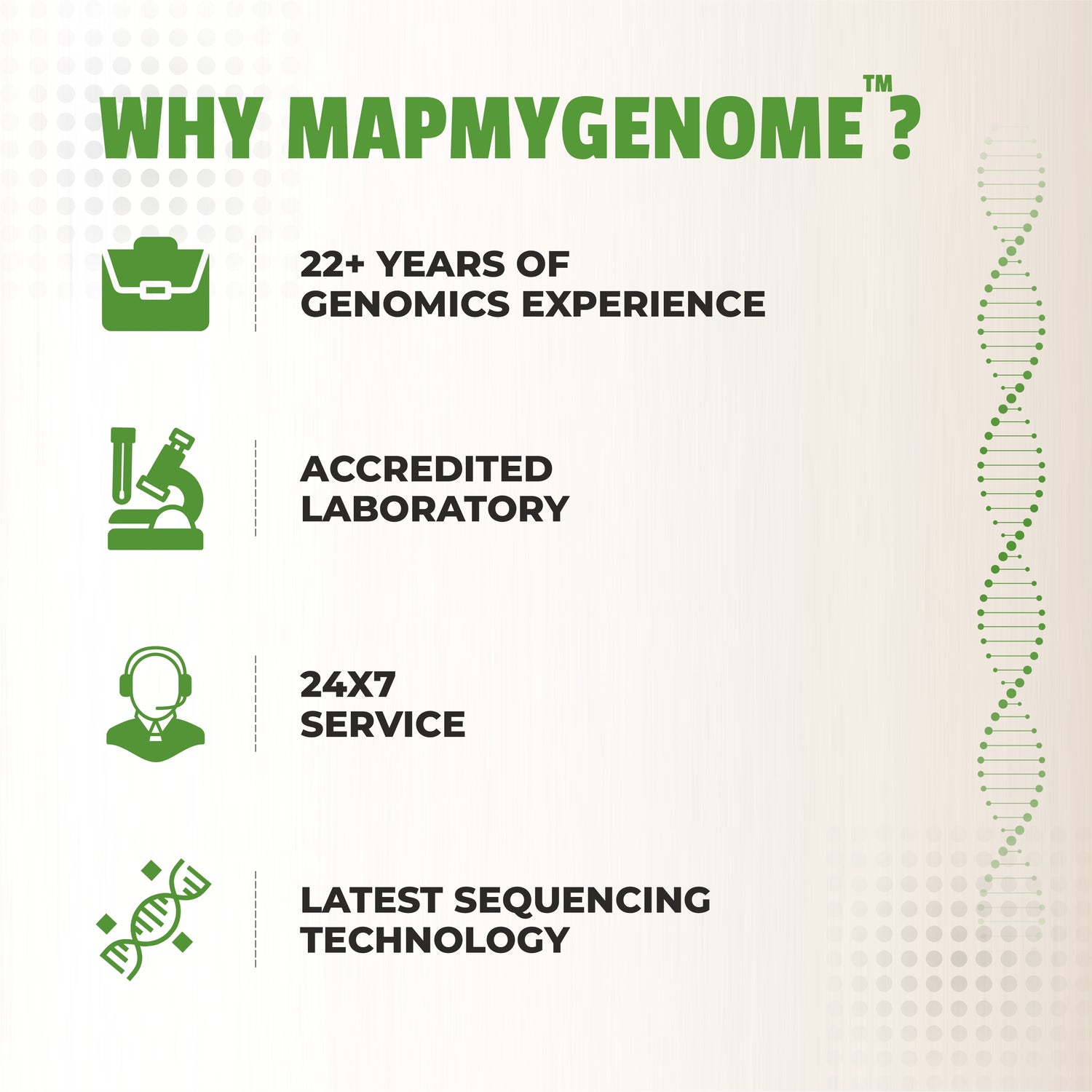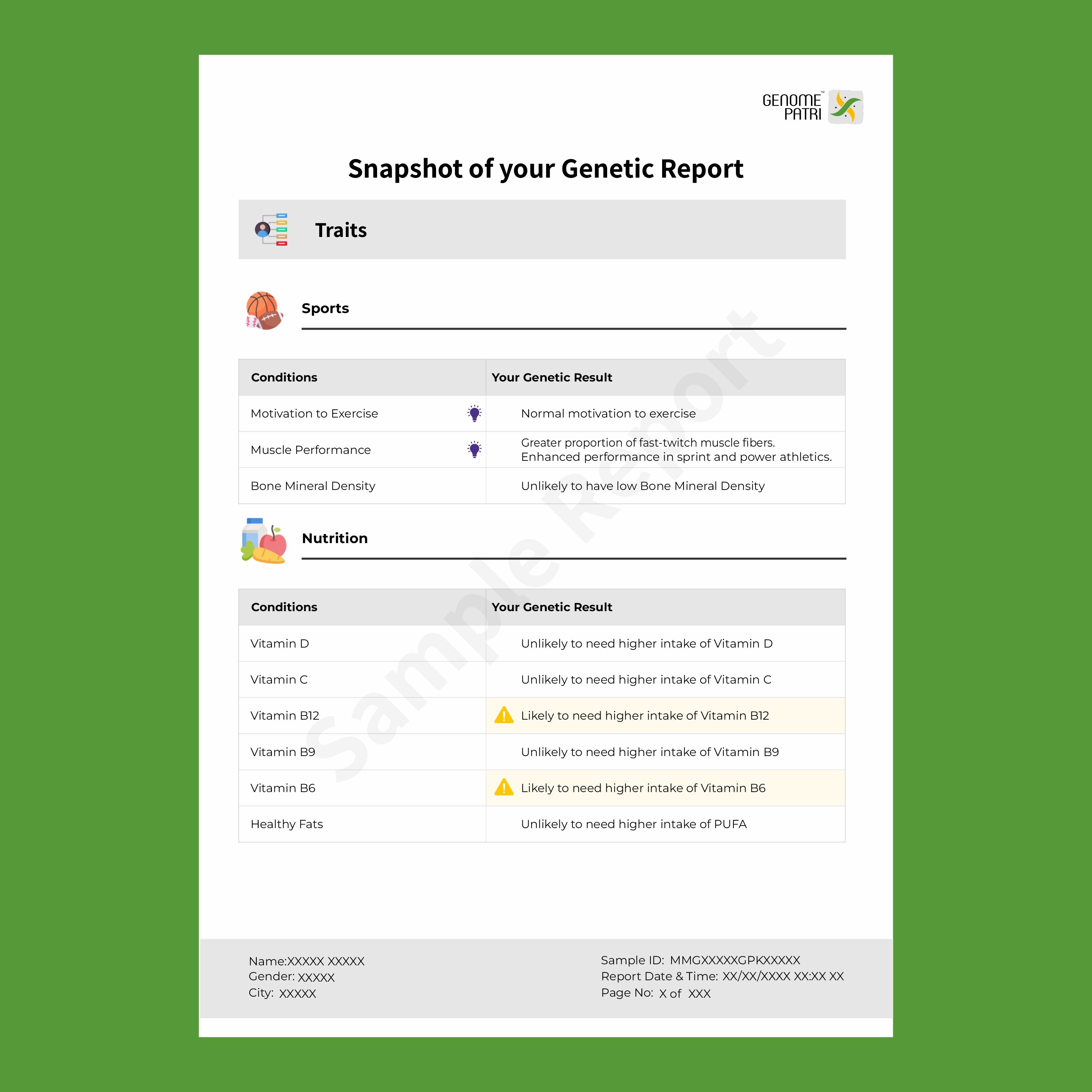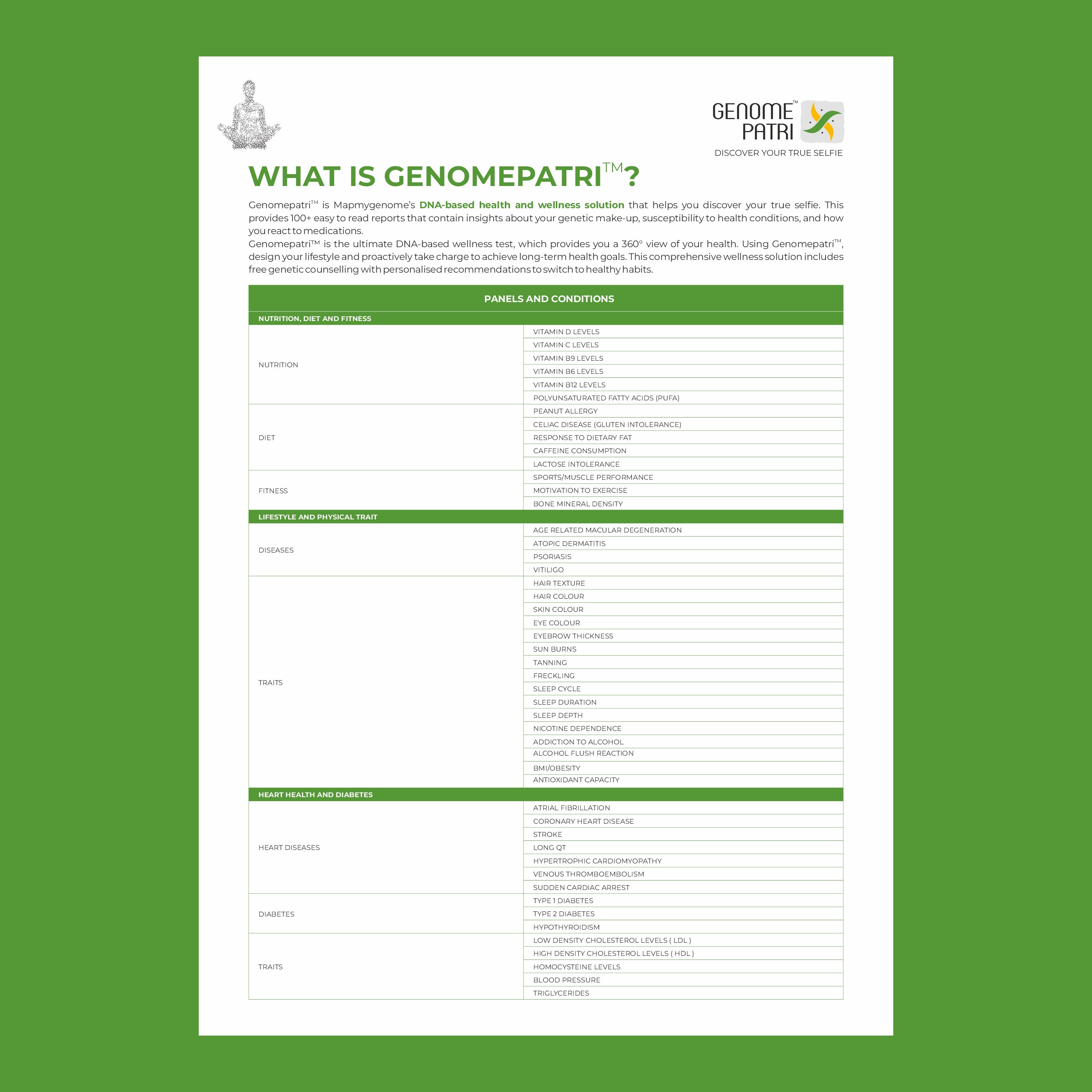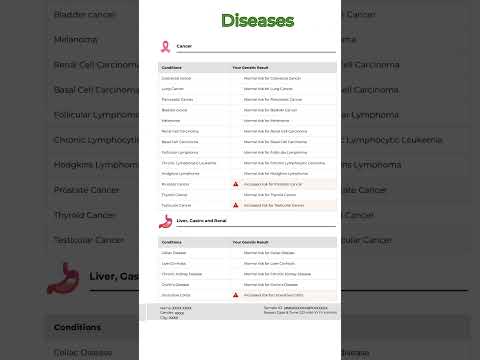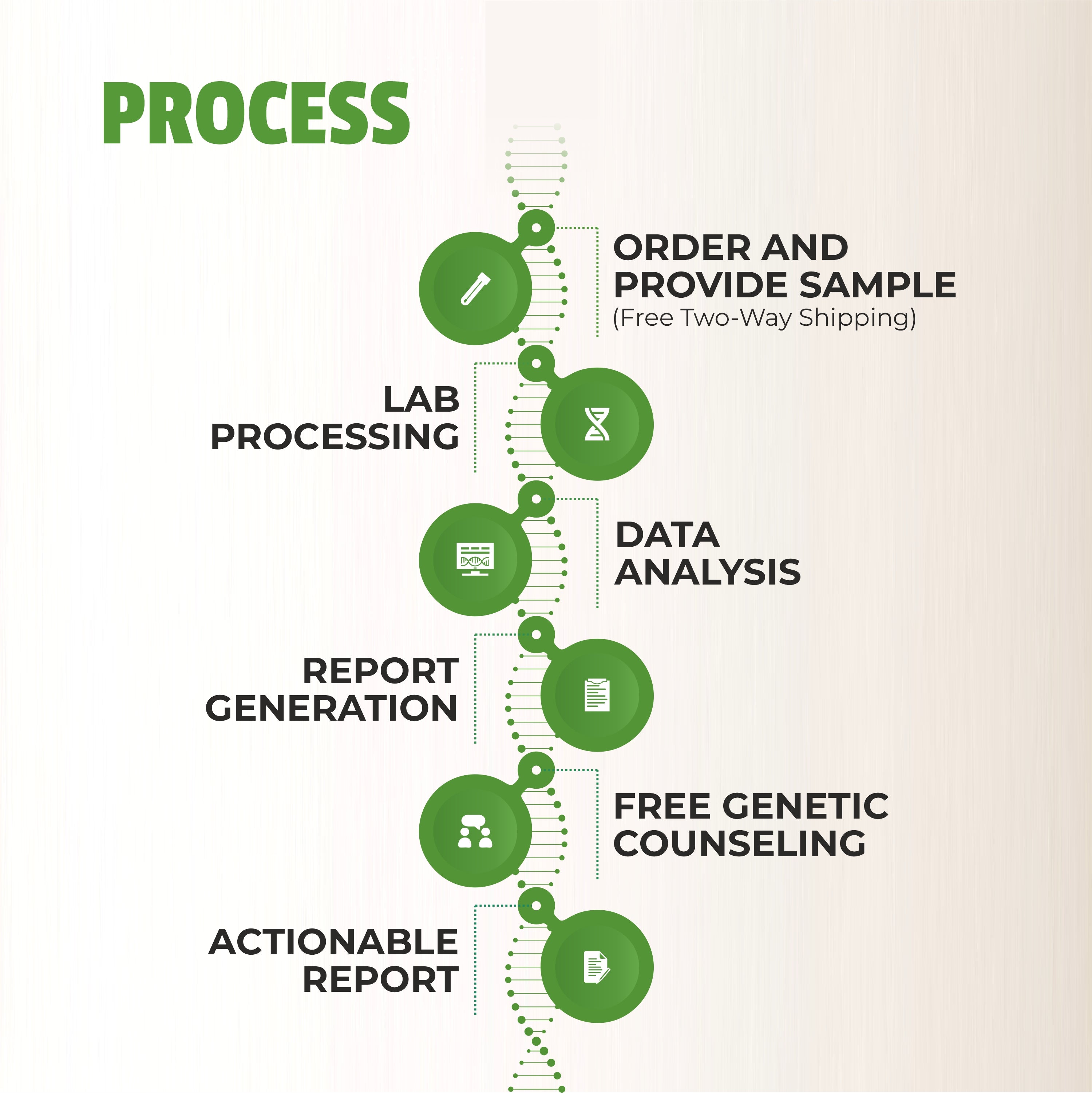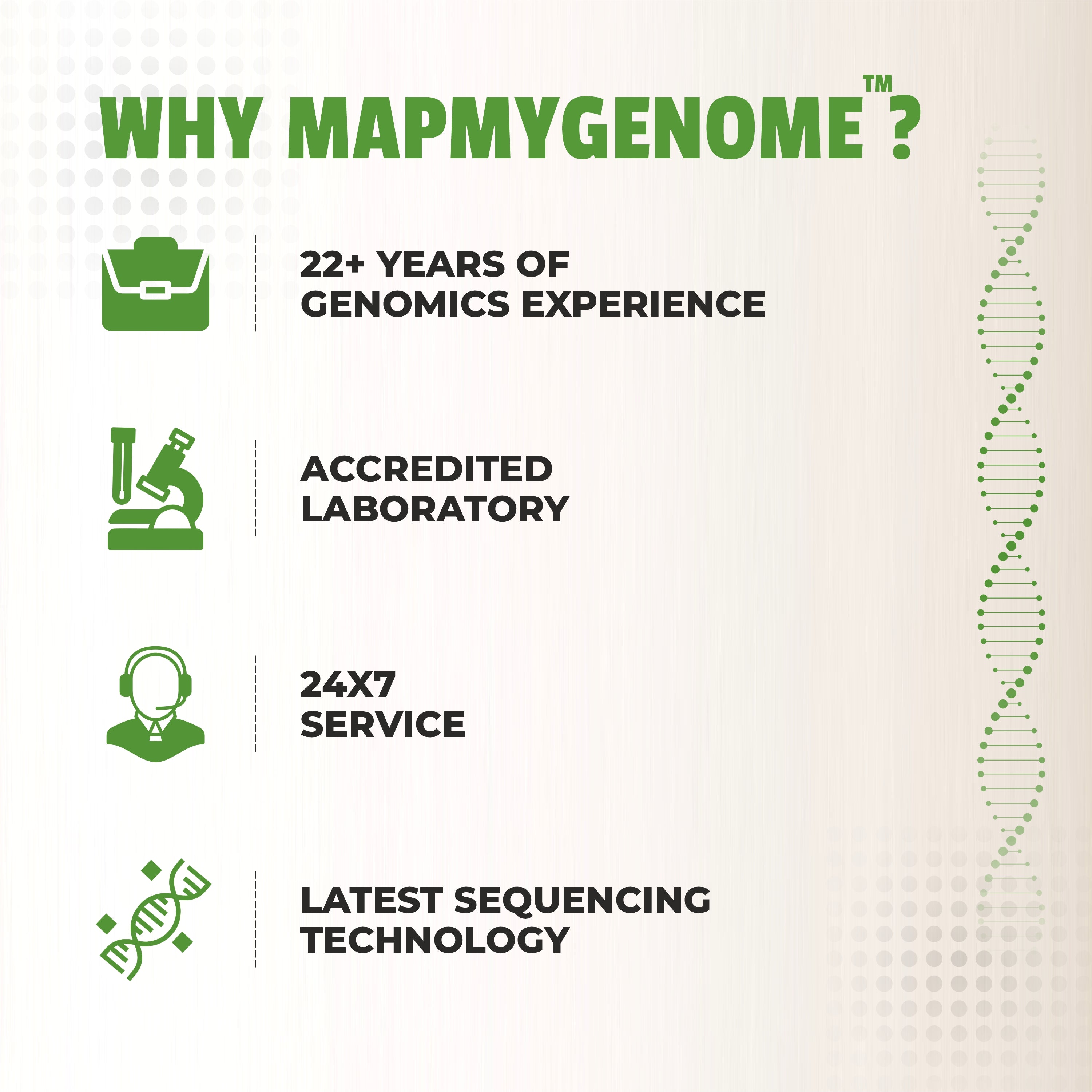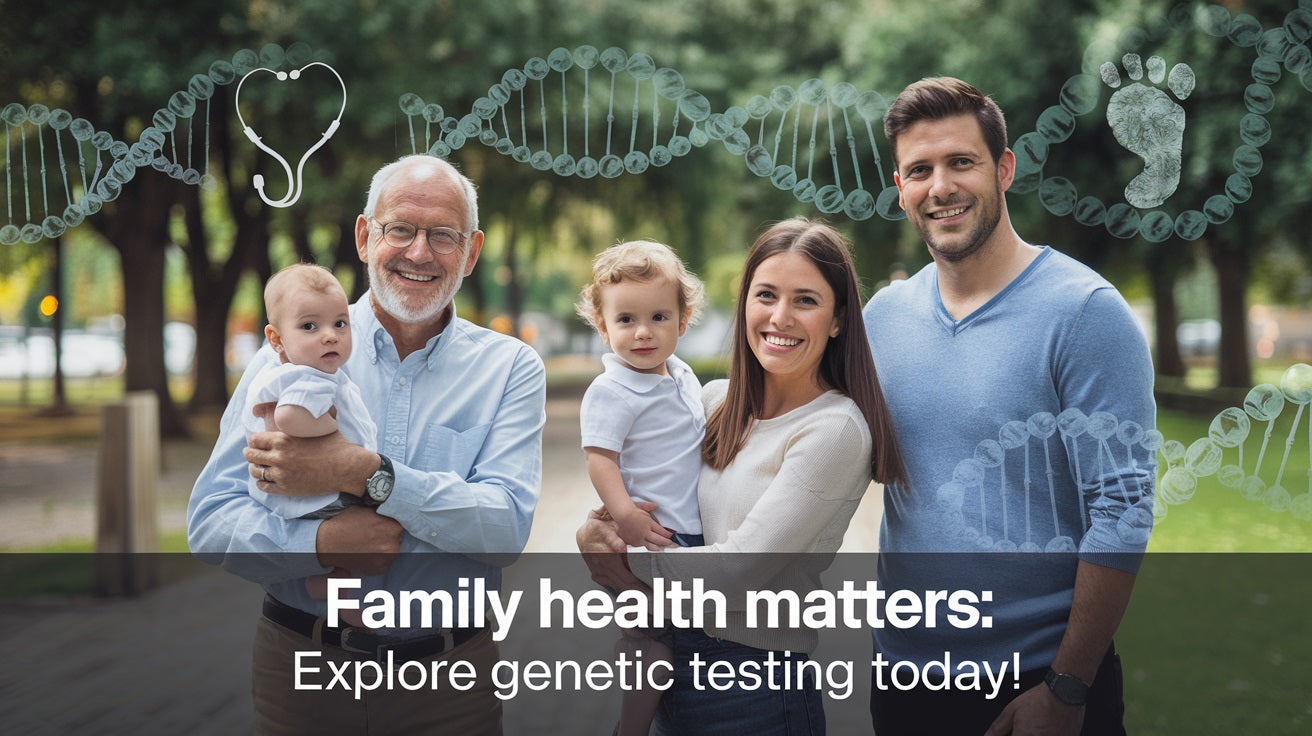In the evolving landscape of healthcare, predictive genetic testing has emerged as a powerful tool for identifying an individual's predisposition to certain health conditions before they manifest. By analyzing a person’s genetic makeup, predictive genetic testing offers invaluable insights into the likelihood of developing specific diseases or conditions, enabling proactive steps toward prevention and personalized healthcare.
What is Predictive Genetic Testing?
Predictive genetic testing, also known as genetic predisposition testing, involves analyzing specific genes to determine whether an individual has inherited genetic variations that may increase their risk of developing a particular disease. Unlike diagnostic genetic testing, which is used to confirm or rule out a condition, predictive testing assesses the probability of future illness.
Predictive genetic testing is particularly useful for hereditary conditions such as:
- Heart disease
- Cancers (like breast, ovarian, and colon cancer)
- Alzheimer’s disease
- Diabetes
- Inherited blood disorders (such as thalassemia or sickle cell anemia)
By providing insight into your genetic predisposition, these tests help you and your healthcare provider take preventive measures, modify lifestyle choices, and create personalized health plans tailored to your genetic profile.
How Does Predictive Genetic Testing Work?
Predictive genetic testing requires a sample of your DNA, typically obtained through a saliva or blood sample. Once the sample is collected, it is analyzed in a lab to identify specific gene variants associated with increased risk for certain diseases.
- DNA Collection: A sample is collected either via a saliva swab or a blood test.
- Laboratory Analysis: The sample is processed to examine particular genes or mutations linked to increased disease risk.
- Risk Assessment: The results are analyzed to determine if the individual has any genetic variations that elevate their risk of developing specific conditions.
- Counseling & Results: After the test, genetic counselors or healthcare providers interpret the results and provide guidance on next steps, including lifestyle changes, further testing, or preventive treatments.
Why is Predictive Genetic Testing Important?
1. Prevention Before Symptoms Arise
One of the most significant benefits of predictive genetic testing is the ability to take proactive measures. If the test reveals a high risk of developing a certain disease, you can adopt preventive strategies, such as regular screenings, lifestyle modifications, or preventive medications.
For instance:
- Individuals at risk of hereditary cancers may opt for early screenings like mammograms or colonoscopies.
- Those with a predisposition to heart disease may focus on improving cardiovascular health through diet and exercise.
2. Personalized Healthcare
Predictive genetic testing paves the way for personalized medicine, where healthcare providers tailor treatment and prevention plans based on your unique genetic profile. This results in more precise and effective healthcare interventions, helping you make informed decisions about your health.
3. Family Planning & Risk for Offspring
Knowing your genetic predisposition can also benefit family planning. Couples who are at risk of passing on genetic disorders, such as cystic fibrosis or muscular dystrophy, can use the information from predictive genetic testing to make informed choices about starting a family or considering alternative options like in vitro fertilization (IVF) with genetic screening.
4. Informed Decision-Making
Predictive genetic testing empowers individuals with the knowledge to make informed decisions about their health. With this information in hand, individuals can weigh the pros and cons of potential preventive measures, whether they involve lifestyle adjustments, medical interventions, or further diagnostic testing.
Conditions Detected by Predictive Genetic Testing
Predictive genetic testing is particularly beneficial for detecting predispositions to a wide range of hereditary conditions, including:
- Cancer: Genetic mutations in the BRCA1 or BRCA2 genes increase the risk of developing breast or ovarian cancer.
- Heart disease: Genes associated with familial hypercholesterolemia can predict the likelihood of early-onset cardiovascular diseases.
- Diabetes: Certain genetic variants can increase the risk of type 2 diabetes, allowing individuals to take early preventive measures.
- Neurodegenerative diseases: Genetic markers for conditions like Alzheimer's or Huntington’s disease can indicate a heightened risk of developing these diseases later in life.
The Role of Genetic Counseling
Before and after undergoing predictive genetic testing, it’s crucial to consult with a genetic counselor. Genetic counselors play an important role in explaining the implications of test results, the accuracy of predictions, and the potential emotional or psychological impact of learning about one's genetic risk.
They help individuals navigate the complexities of genetic information, providing recommendations for additional testing, medical screenings, and lifestyle changes. They also address concerns regarding the impact of genetic information on family members, potential discrimination, and privacy issues.
How Accurate is Predictive Genetic Testing?
While predictive genetic tests provide invaluable insights, it’s essential to understand that these tests do not offer absolute certainty. Rather, they indicate probability or risk. For instance, carrying a certain gene mutation associated with a disease doesn’t guarantee that you will develop the condition. Likewise, not having a genetic risk factor doesn’t guarantee you’re immune to it.
Environmental factors, lifestyle, and other genes also play a significant role in the development of many diseases. Predictive genetic testing should therefore be used as part of a comprehensive approach to healthcare, combining genetic data with regular screenings and preventive measures.
Privacy and Ethical Considerations
As with any genetic testing, there are privacy and ethical considerations to keep in mind. Genetic information is highly sensitive, and concerns about genetic discrimination may arise. In many countries, laws such as the Genetic Information Nondiscrimination Act (GINA) in the U.S. protect individuals from discrimination by health insurers or employers based on their genetic information.
Before undergoing predictive genetic testing, it's essential to discuss these considerations with your healthcare provider and ensure that your genetic data will be stored securely and used only for the intended medical purposes.
Is Predictive Genetic Testing Right for You?
Predictive genetic testing is a personal decision, and it’s important to weigh the potential benefits and drawbacks before proceeding. Consider genetic testing if you:
- Have a family history of genetic conditions.
- Want to take a proactive approach to your health.
- Are planning a family and want to understand the risk of passing on genetic disorders.
- Want to explore personalized healthcare options.
Conclusion
Predictive genetic testing offers a powerful tool for understanding your risk for certain diseases, enabling you to take proactive steps toward a healthier future. With the potential to prevent disease before it develops, tailor treatment plans, and inform family planning decisions, this form of testing empowers individuals to take control of their health.
By combining genetic insights with lifestyle modifications, medical interventions, and regular screenings, predictive genetic testing is at the forefront of personalized medicine, helping pave the way for a future where healthcare is more preventive, precise, and personalized.




